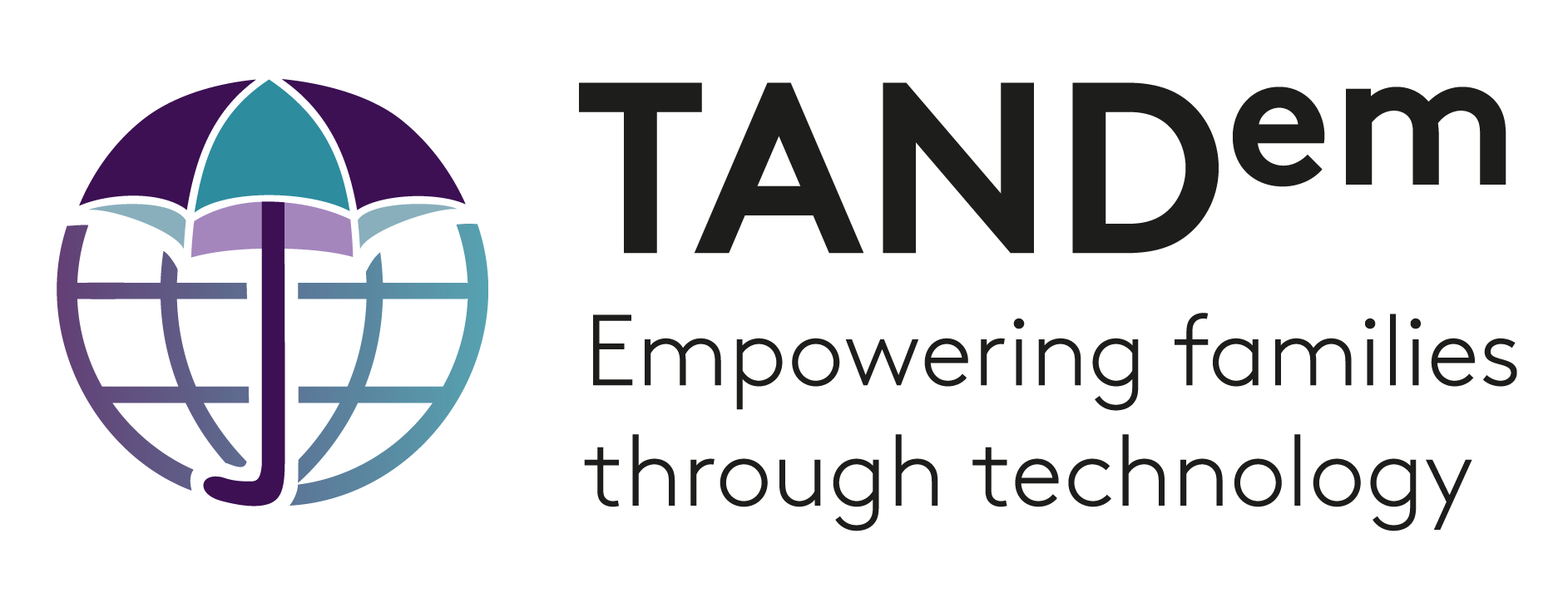Mood/Anxiety Cluster
How to help your loved one
What to do
It’s distressing to watch someone you care for experience anxiety or mood difficulties, but there are things you can do to help:
- Be kind, non-judgmental, and provide validation of their feelings, as another person’s anxiety or depression may not make sense to someone else.
- For young children or individuals with intellectual disability, it can be helpful to create a calm space in your home, or a “calm corner”, filled with all their favourite things, which can be used to help them calm down and relax.
- Distraction with a fun activity may also help them to not focus on their anxiety.
- Encourage them to seek help if their symptoms start to impact their daily functioning and relationships.
- Look after yourself by recognising your own limits, share your caring role with others if possible, and talk to someone and find support for yourself.
- Recognise that your goal is to help, not to cure the person or relieve them from their anxiety or mood disorder.
What NOT to do
- Do not place demands during times of known stress and anxiety.
- Do not enable them by eliminating the cause for concern as this will only make symptoms worse in the long-term. For example, if your child is anxious about going to school, keeping them home may allow them to avoid their trigger temporarily but will not help them in the long-term.
- Do not force someone to do something that makes them anxious or stressed. For example, if someone is anxious around people, do not force them to attend a large gathering in hopes that it will alleviate their fears. Instead, start with smaller gatherings and then slowly work toward larger groups.

